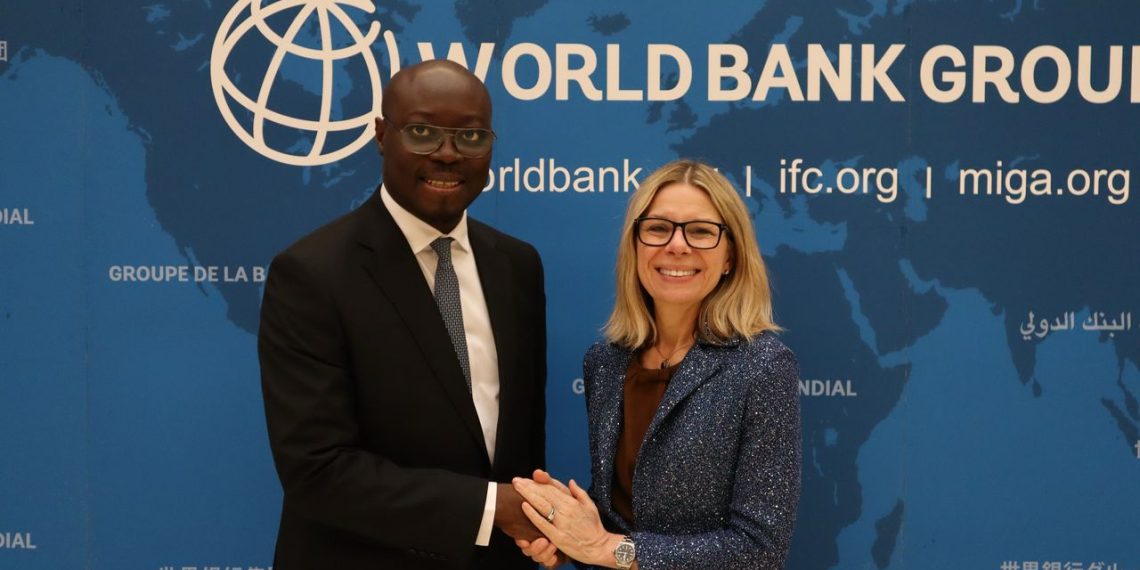World Bank Backs Ghana’s Ambitious Growth and Jobs Strategy to Tackle Youth Unemployment
The World Bank has pledged its support to Ghana in the implementation of a new Growth and Jobs Strategy, a wide-ranging initiative aimed at generating employment opportunities for the over 500,000 young people who enter the country’s labour market each year.
This commitment was made following a high-level dialogue held at the Bank’s headquarters in Washington, D.C., between Anna Bjerde, Managing Director of Operations at the World Bank, and Ghana’s Finance Minister, Dr. Cassiel Ato Forson, on the sidelines of the 2025 IMF-World Bank Spring Meetings.
The strategy, still in its design phase, seeks to stimulate inclusive economic growth through targeted interventions in skills development, entrepreneurship, and job creation. It marks one of the most coordinated efforts in recent years to address Ghana’s youth unemployment crisis, an issue that has long posed both economic and political risks to the country’s development trajectory.
“This initiative reflects our shared priority of unlocking opportunities for young people,” said Bjerde. “We are proud to work with Ghana on a strategy that will create jobs and build a stronger, more resilient economy.”
Ghana’s labour market has seen a surge in unemployed and underemployed youth in recent years, with formal sector job creation lagging significantly behind population growth. According to the Ghana Statistical Service, youth aged 15–35 represent nearly 40% of the unemployed population.
Finance Minister Forson described the World Bank’s involvement as “a major step forward” in efforts to offer sustainable livelihoods to Ghana’s youth. “This partnership will not only focus on job creation but will ensure the quality and sustainability of those jobs,” he noted, adding that the initiative would prioritise support to growth-enabling sectors such as agriculture, manufacturing, and digital services.
The Bank is expected to provide both financial and technical assistance, including analytics, programme design expertise, and performance monitoring tools. A portion of the funding will likely be channelled through results-based financing to ensure delivery on agreed benchmarks.
Analysts say the success of the programme will depend heavily on policy coherence, private sector participation, and the government’s ability to reform regulatory bottlenecks that often stifle entrepreneurship and job growth.
“The World Bank’s backing gives this strategy significant credibility, but the test will be in its implementation,” said Dr Kwame Asamoah, a labour economist at the University of Ghana. “Youth unemployment is not just about numbers; it’s about creating pathways to meaningful work.”
The Ministry of Finance is expected to unveil a draft framework of the Growth and Jobs Strategy in the second half of 2025, with pilot implementation projected to begin in early 2026.
The initiative comes amid broader discussions between the Government of Ghana and development partners on how to accelerate post-debt restructuring recovery and promote inclusive economic transformation.



